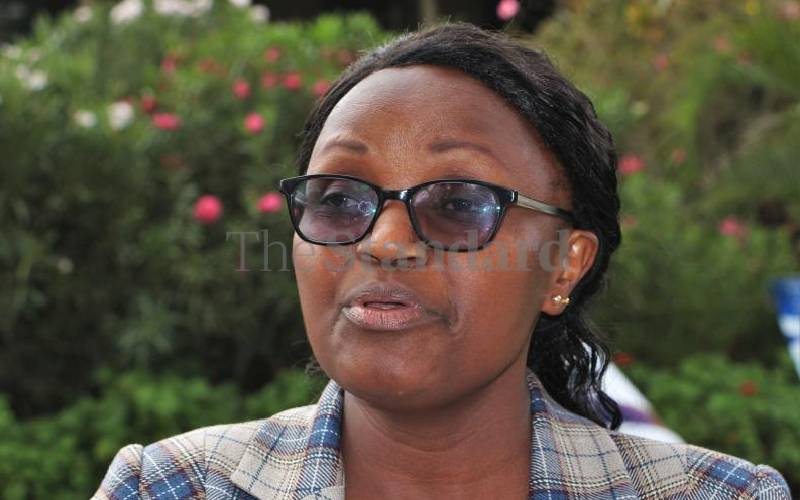×
The Standard e-Paper
Kenya’s Boldest Voice

Some 26 institutions have been approved to upload records of their former graduates in the qualification agency database in the fight against fake certificates.
Data obtained by The Standard reveals that approximately 2,000 programs offered by these 26 institutions have received the green light from the Kenya National Qualification Authority (KNQA).